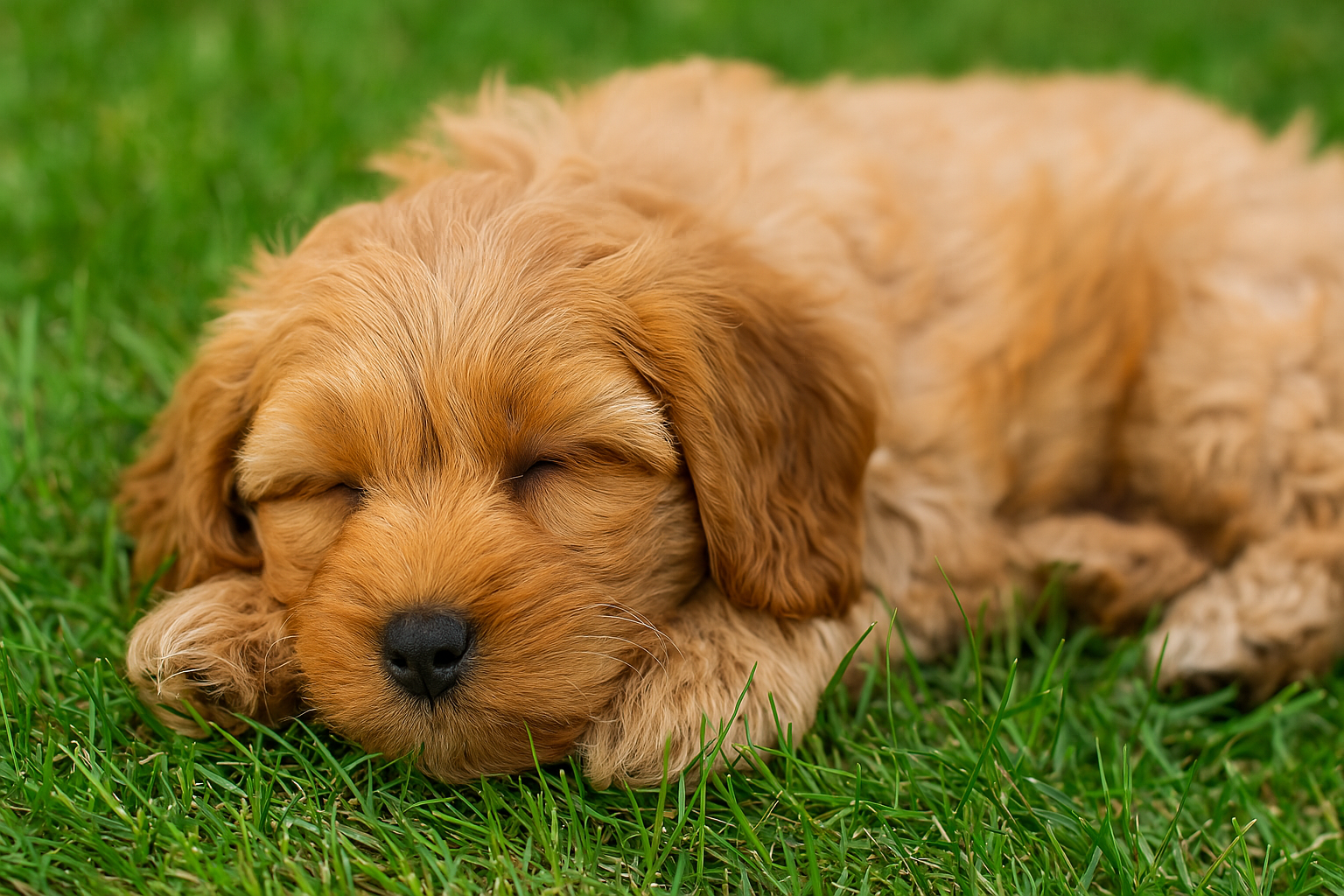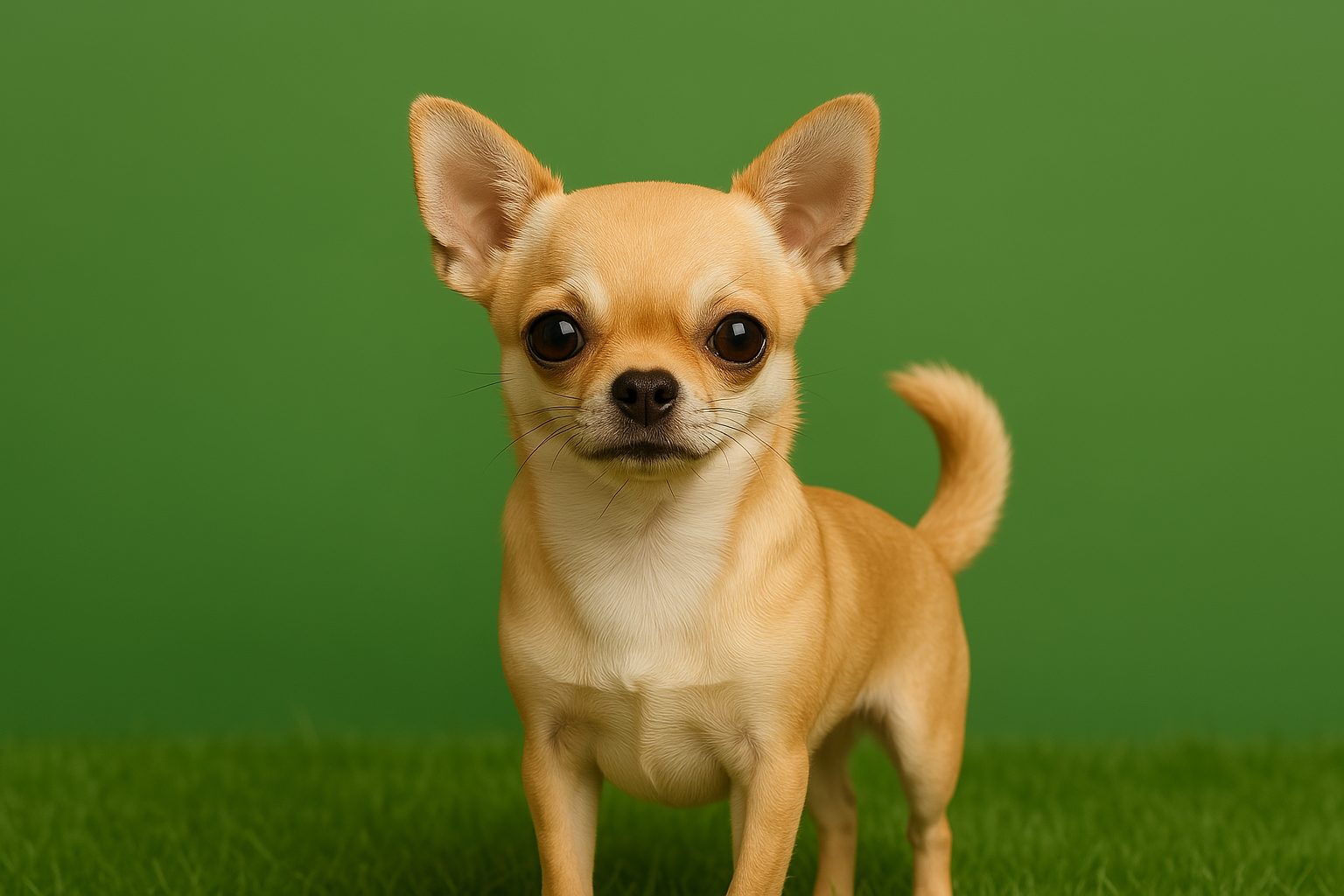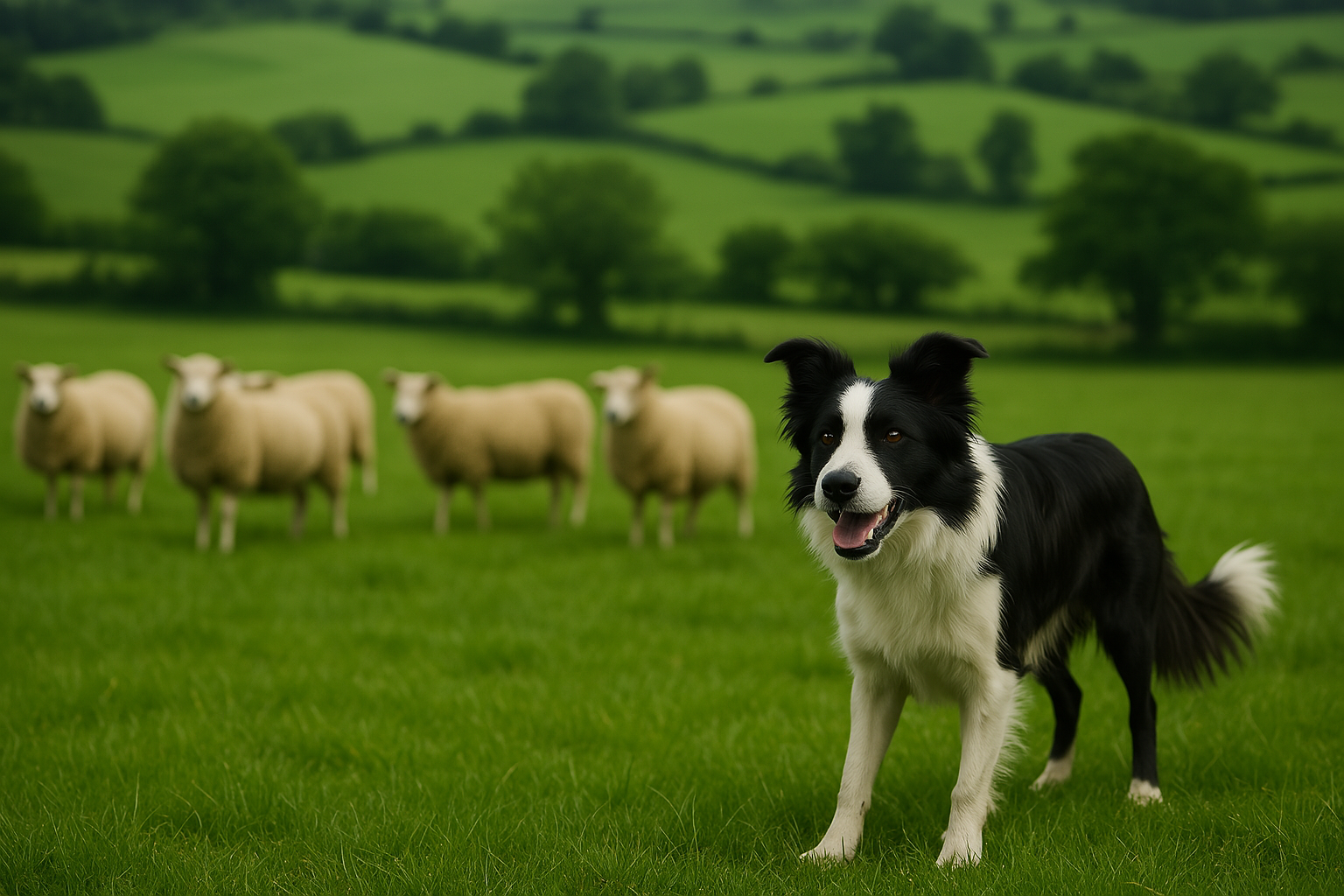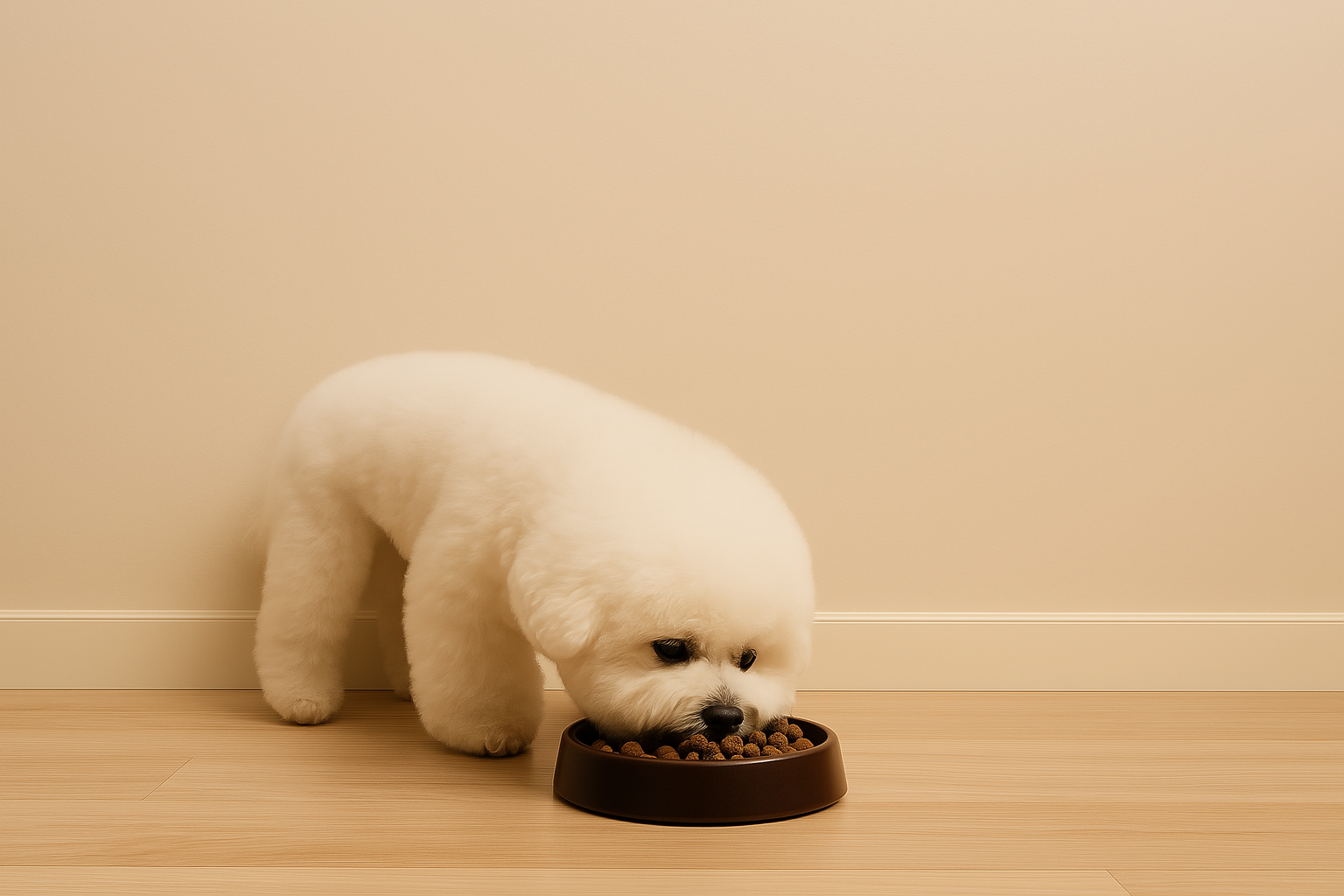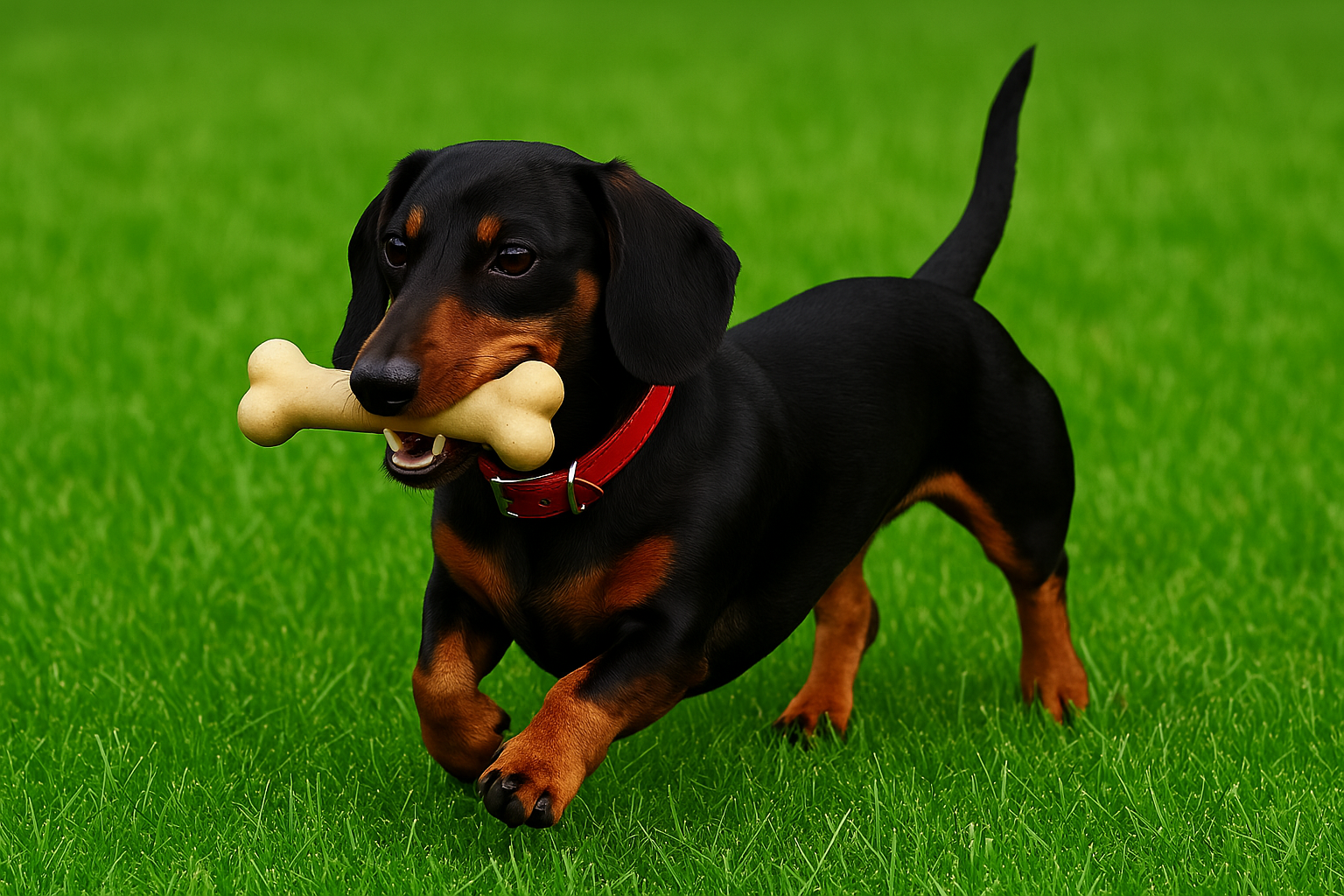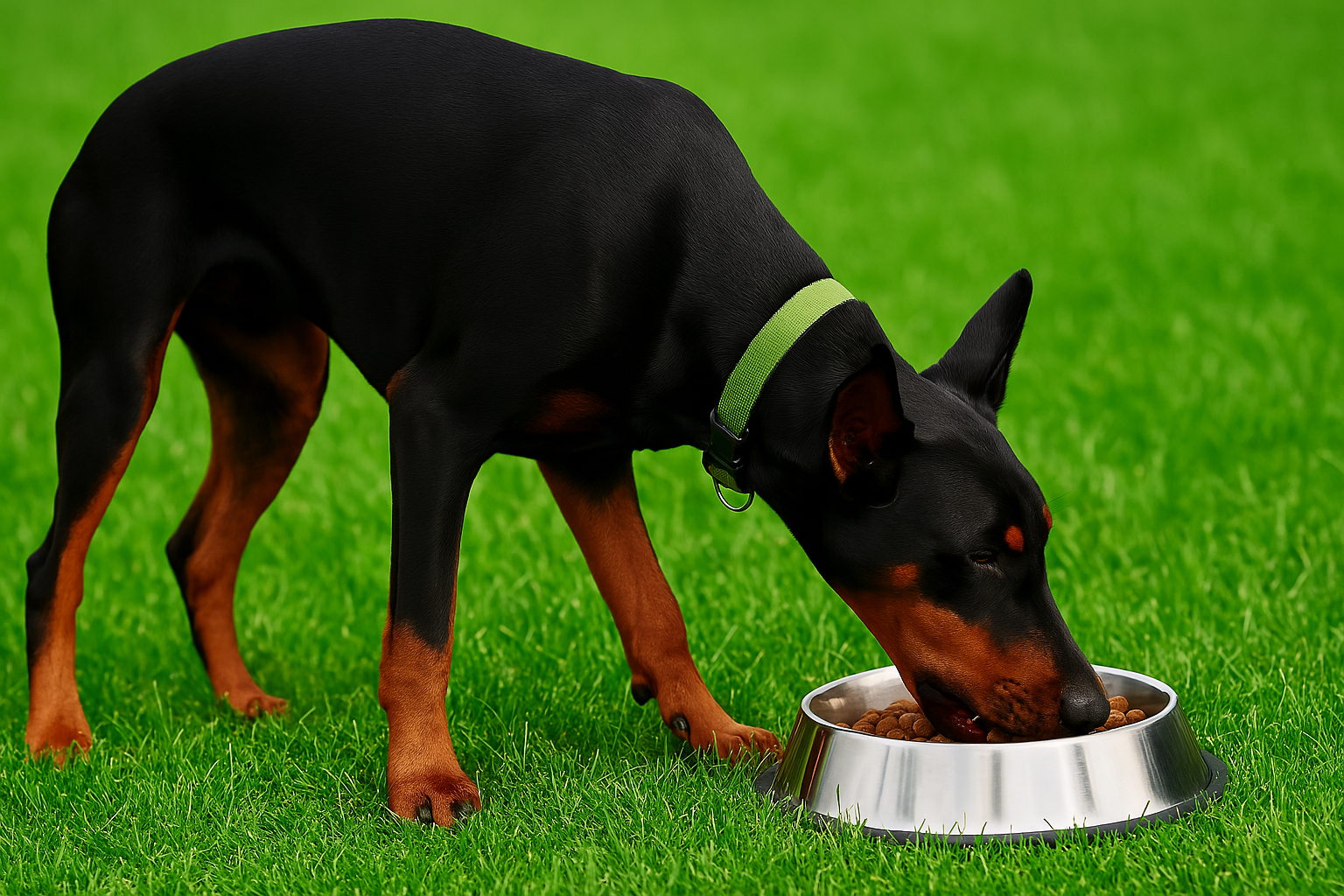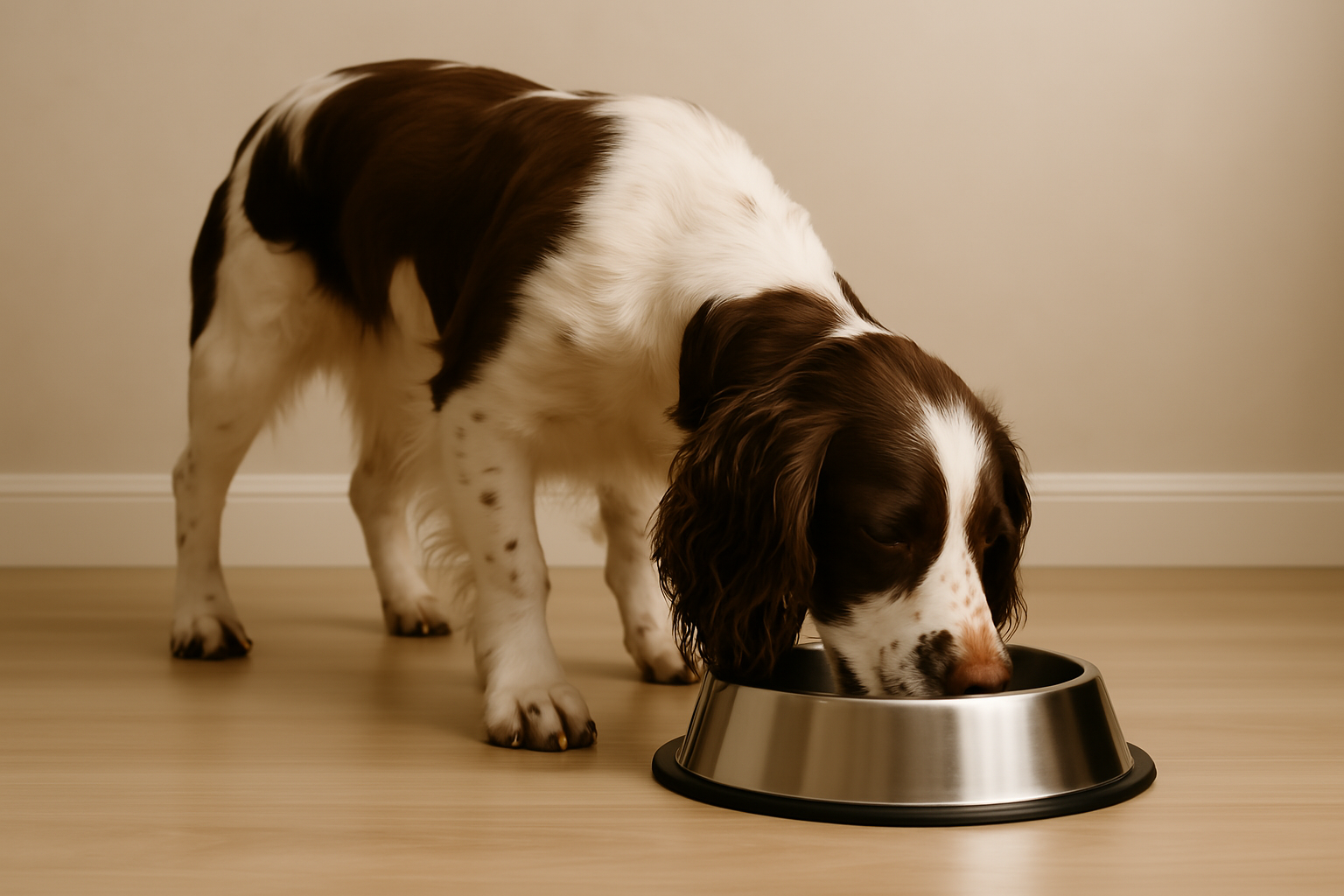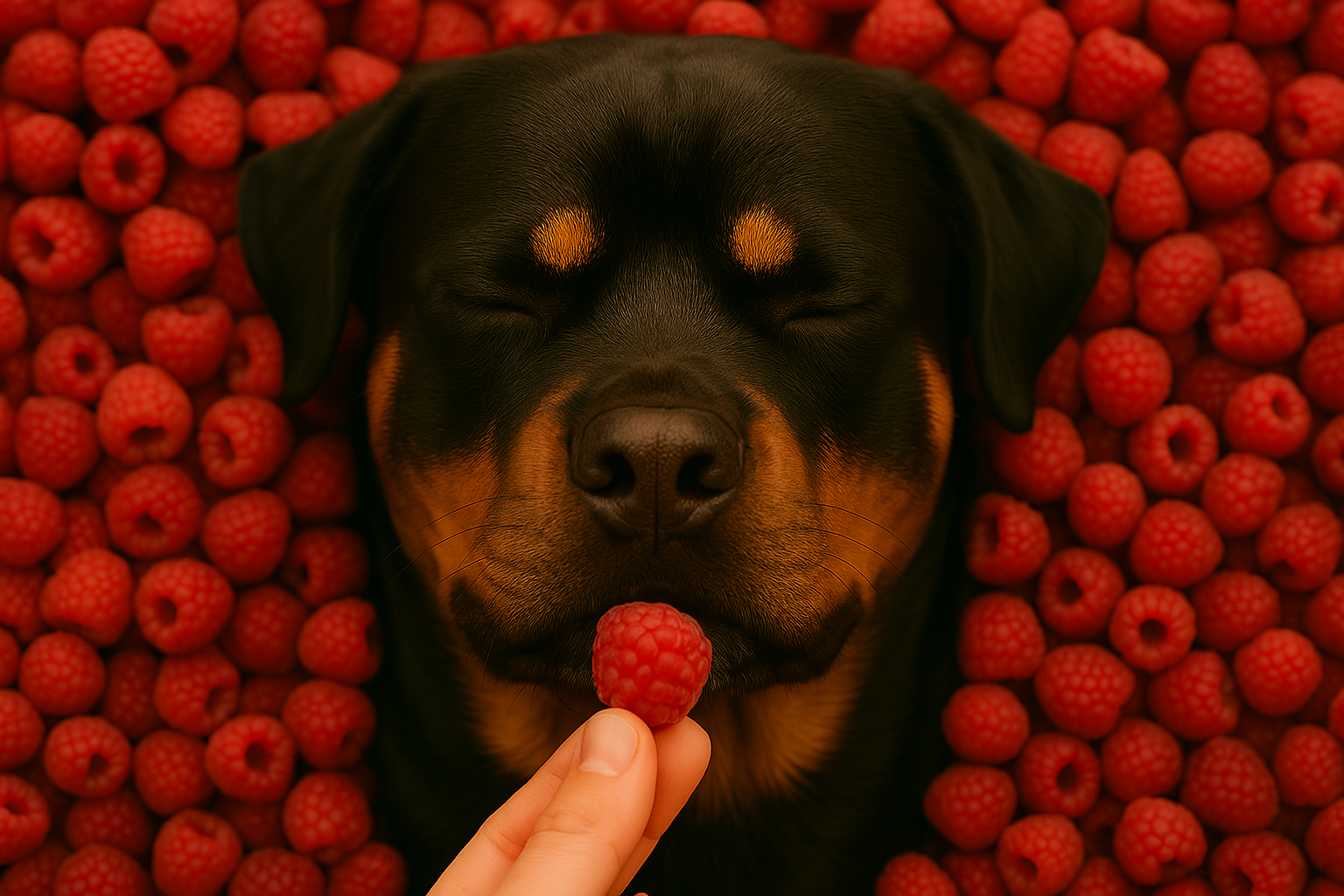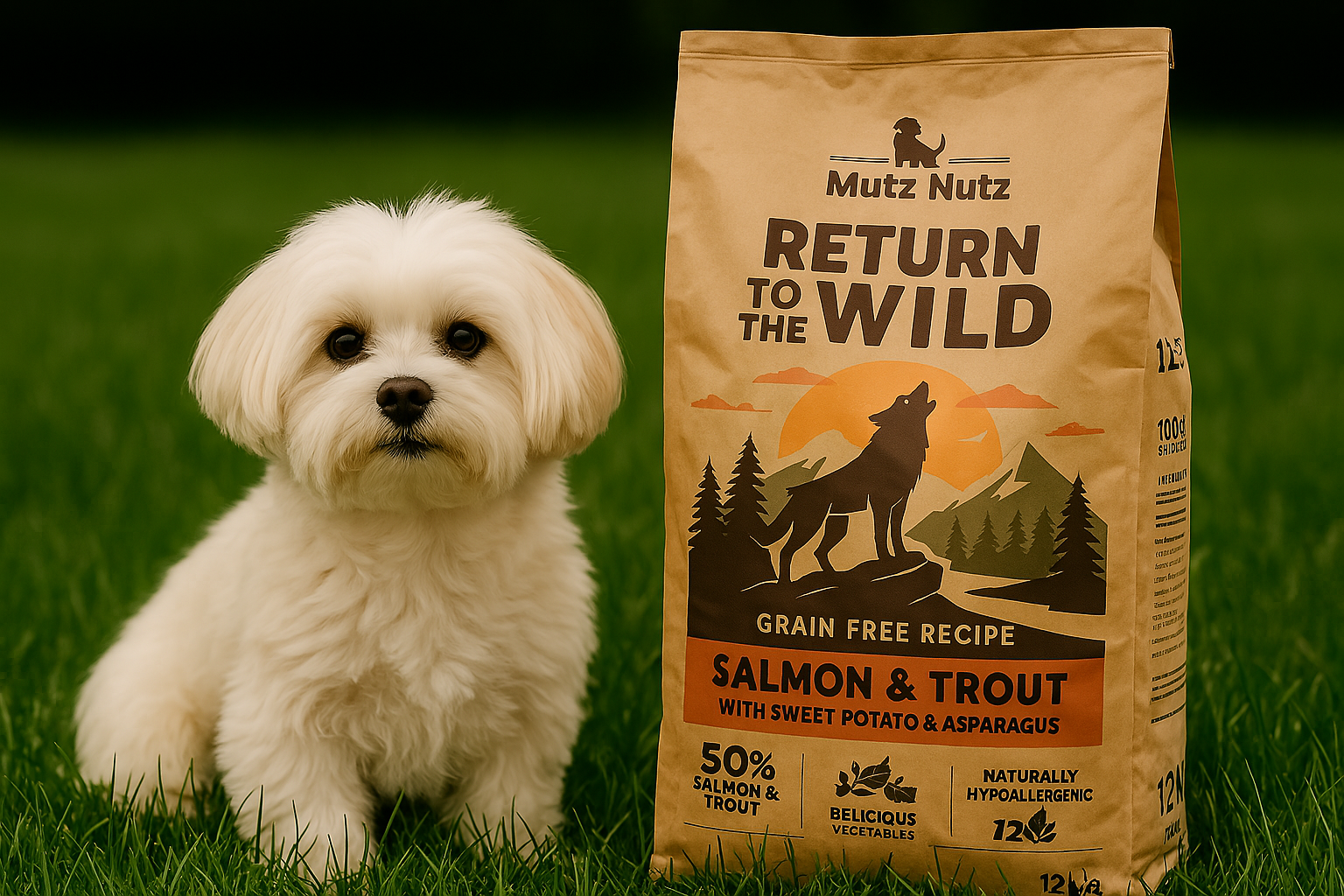
Best Food For A Maltease
Common Allergies in Maltese Dogs and Foods to Avoid
Maltese dogs are known for their charming personalities and luxurious white coats, but they can also be prone to allergies. These allergies can stem from environmental factors, food sensitivities, or contact allergens, leading to discomfort and health issues. Understanding the common allergies affecting Maltese dogs and knowing which foods to avoid can help ensure their health and happiness.
Common Allergies in Maltese Dogs
1. Food Allergies
Food allergies are one of the most common issues in Maltese dogs. They occur when a dog’s immune system overreacts to certain ingredients, leading to symptoms such as itchy skin, digestive upset, and ear infections. Some of the most common food allergens include:
-
Chicken – While a staple in many dog foods, some Maltese dogs develop sensitivities to chicken proteins.
-
Beef – Another common allergen that can cause skin irritation and gastrointestinal issues.
-
Dairy – Many dogs are lactose intolerant, leading to diarrhoea, bloating, and gas.
-
Wheat and Grains – Some Maltese dogs struggle with grain allergies, causing itchiness and digestive problems.
-
Soy – A known allergen that can trigger skin reactions and digestive discomfort.
2. Environmental Allergies
Maltese dogs can also suffer from environmental allergies, which are triggered by substances in their surroundings. Common environmental allergens include:
-
Pollen – Seasonal allergies can cause sneezing, watery eyes, and itchy skin.
-
Dust Mites – These microscopic pests can lead to skin irritation and respiratory issues.
-
Mould – Exposure to mould spores can cause breathing difficulties and allergic reactions.
-
Fleas – Some Maltese dogs develop flea allergy dermatitis, leading to severe itching and skin infections.
3. Contact Allergies
Contact allergies occur when a Maltese dog comes into direct contact with an irritant. Common triggers include:
-
Shampoos and Grooming Products – Harsh chemicals can cause skin irritation and dryness.
-
Synthetic Fabrics – Some dogs react to certain bedding materials or clothing fabrics.
-
Household Cleaners – Strong cleaning agents can lead to skin rashes and respiratory issues.
Foods Maltese Dogs Should Avoid
To prevent allergic reactions and digestive issues, Maltese dogs should avoid the following foods:
-
Chocolate – Contains theobromine, which is toxic to dogs.
-
Grapes and Raisins – Can cause kidney failure.
-
Onions and Garlic – Damage red blood cells, leading to anaemia.
-
Macadamia Nuts – Can cause weakness, tremors, and vomiting.
-
Xylitol – Found in sugar-free products, extremely toxic to dogs.
-
Avocado – Contains pepsin, which can cause digestive upset.
-
Processed Foods – High in salt, preservatives, and artificial additives, which can trigger allergies.
Healthy Treats
-
Natural Dog Biscuits – Free from artificial additives, perfect for sensitive stomachs.
-
Freeze-Dried Meat Treats – High in protein, great for dogs with meat allergies.
Nutritious Supplements
-
Omega-3 Supplements – Supports skin health and reduces inflammation.
-
Probiotic Chews – Helps with digestion and gut health.
Safe Fruits and Vegetables
-
Blueberries – Rich in antioxidants, great for immune support.
-
Carrots – Low in calories, good for dental health.
-
Pumpkin – Helps with digestion and sensitive stomachs.
Recommendations for Food :
(DRY) Return to the wild
(DRY) Peptide Plus
(DRY) Burns
(WET) Woolf Fish
Final Thoughts
Maltese dogs are prone to allergies, but with proper care and a well-balanced diet, they can thrive. Avoiding common allergens and choosing high-quality, hypoallergenic foods can make a significant difference in their health and well-being. If you suspect your Maltese has allergies, consult a veterinarian for guidance on the best dietary choices.






